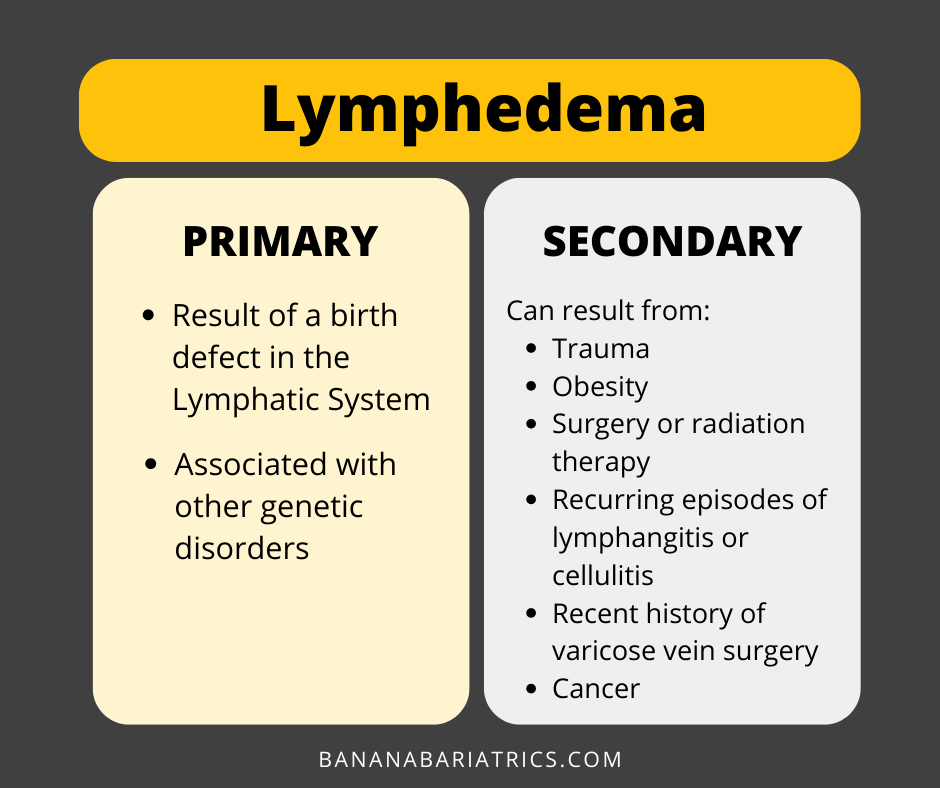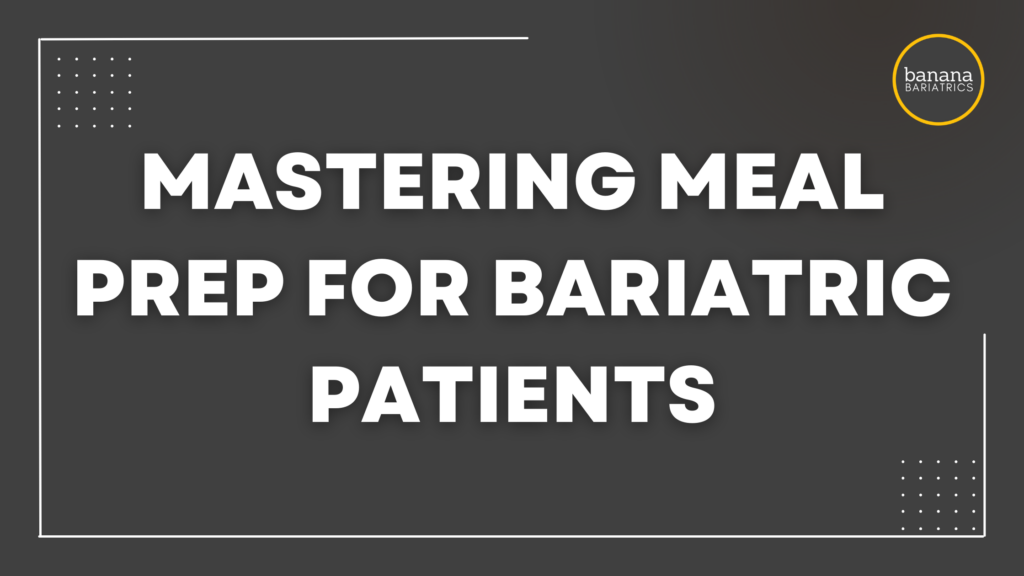What Is Lymphedema And How Can You Treat It?

What is lymphedema?
Lymphedema is an abnormal collection of fluid that can cause an extremity to become swollen as a result of a blockage to the lymphatic system. When this occurs, protein begins to build up in the soft tissue, attracting water with it and causing the extremity to swell.
Before lymphedema develops, a person may experience long-term swelling of the same extremity. As the swelling worsens, it may be challenging to fit it into clothing. In addition, lymphedema may cause fatigue depending on the weight and size of the extremity and embarrassment in public. In addition to causing significant impairment in performing activities of daily living, an extremity with lymphedema may develop recurring bacterial and fungal infections.
Roughly 80% of those who have lymphedema present with painless swelling and heaviness in their leg(s). However, lymphedema can also present on the arms, face, genitalia, and trunk. Typically, swelling will first occur on the lower extremity and work its way up the body.
Who is susceptible to developing lymphedema?
There are two types of lymphedema- primary and secondary. In primary lymphedema, the condition is a result of a birth defect in the lymphatic system. It is also associated with other genetic disorders and is usually present in other family members who have a history of the disease.
In secondary lymphedema, swelling is a result of something else such as:
- Trauma
- Obesity
- After surgery or radiation therapy
- Recurring episodes of lymphangitis or cellulitis
- Recent history of varicose vein surgery
- Cancer causing an obstruction of the lymphatic system (usually with complaints of sudden onset, rapid worsening, and pain)

What else should you consider regarding a swollen leg?
Other causes of swelling can be a result of congestive heart failure, impaired kidney function, liver insufficiency, and/or venous stasis disease.
It is also important to exclude:
- DVT (deep venous thrombosis) – blood clots in your leg: usually swelling of one extremity
- Low protein levels
- Lipedema – mostly in women with obesity who have fatty tissue from the hips to the ankle (but typically spares the feet)
How do you approach treating lymphedema?
The goal of treatment is to restore function, reduce suffering, and prevent infections. It is very important to be compliant with the treatment modalities, even if they feel cumbersome, uncomfortable, inconvenient, long-term, and time-consuming.
- Clean the skin regularly and dry thoroughly: Look for open wounds or redness (which could be the development of cellulitis). Use bland skin moisturizers to areas that are cracked.
- Physical therapy and compression: Complex physical therapy with manual lymphatic drainage, massage, and exercise is extremely important. Compression stocking use (with a minimum of 40 mm Hg), multilayer bandages, and/or pneumatic pumps are important adjuncts for therapy. When lying down or sitting, ensure the extremity is raised above the level of the heart to improve drainage and reduce swelling.
- Other conservative options: Weight loss, avoidance of further injury to the leg, and wearing of loose clothing (to prevent a constrictive tourniquet effect) are non-invasive ways to improve lymphedema.
- Exercise: Ensure you are using a compression stocking or graded support to the extremity while exercising.

Some studies show improvement of lymphedema after weight loss surgery and weight loss. However, it is important to ensure you have established care with a primary care physician, physical therapist, infectious disease specialist (as needed), and oncologist (as needed), to help coordinate care with lymphedema treatment.
Banana Bariatrics Medical Disclaimer: All content and media on Banana Bariatrics, LLC website is created and published online for informational purposes only. It is not intended to be a substitute for professional medical advice and should not be relied on as health or personal advice.
Share with others:
JOIN OUR COMMUNITY:







Responses